I am always eager to learn about other cultures that compose the Jewish faith, and after interviewing Britt Wolff on what life was like growing up as a Mexican-Jew, I was hungry to learn more! Luckily, I didn’t have to search very far before discovering Mamie Dayan. A Syrian-Jew from Macon-Georgia? I met Mamie at an AJC event and was curious to learn more about her after she posted an Instagram video of a pot of bowling lentil with the hashtag #syrian too! I was instantly intrigued and new I had to interview her. Did Mamie speak another language? Was she born in Syria? How close was she to her Syrian culture? A few Facebook messages later and Mamie had graciously agreed to conduct a brief interview.
With the conflict continuing to rise in Syria today, I did not ask Mamie about her reflections on the situation but rather wanted my readers to get a sense of how diverse the global community is and how much we have to learn from each other. This blog post is not intended to arouse debates over politics or Syria but to break boundaries and raise further awareness about various cultures that compose the Jewish faith. Please enjoy and share.
Can you please introduce yourself and describe your ethnicity?
After completing an undergraduate degree in Political Science and Communications, and receiving a Master’s in Demography, my professional career led me to roles in both non-profit & for-profit sectors. I am presently involved with several non-profit groups, including the AJC’s ACCESS Steering Committee & Executive Board, the Junior League of Atlanta’s Centennial Committee, and the Jewish Federation of Greater Atlanta’s LEADS program, among other roles. I’m a seventh generation native of Macon Georgia on one side and a second generation born Syrian American on another. My mother’s side is French, Dutch, & German, having predominantly come from a lineage of Jews from Alsace-Lorriane, the Rhine River Valley, and Amsterdam. My father’s side is Syrian. Between this blend, I consider myself to be a kind of ethnic hybrid; sometimes I feel Caucasian, sometimes I feel half-Caucasian, half-Middle Eastern.
Do you have strong ties to your culture? If so, in what way?
My ties to culture are extremely familial, with my sense of tradition and custom being based primarily in food & song on both sides.
What are common customs and/or traditions you practice as a Syrian-Jew?
The best example is Passover. I grew up making very dense matzah balls, with ginger inside, rather than the common light fluffy matzah balls. This recipe is a Dutch tradition. Also, at Passover, we ate legumes, as my father’s side identified as Sephardi, now as Mizrahi. We sang a few songs in Arabic, rather than in Hebrew.
Just as actively, I am a Southern Jew, which developed an entire cultural set all on its own. One example is eating Black-Eyed Peas & Collard Greens on Rosh Hashannah, which are supposed to bring luck and wealth in the new year.
Do you often share your culture with member of the Jewish community? Are they receptive?
I certainly aim to! I’m not shy about my cultural differences and enjoy discussing them others when appropriate. People are curious about unique differences, but less curious about things I haven’t experienced. For instance, I never grew up eating kugel, hearing Yiddish, or knowing anyone who played Mah Jongg and when I am curious about these things, people seem slightly shocked when I don’t share the same reference points.
If there was one thing you could share about your culture what would it be?
If there was one thing I would share about being a Sephardi/Mizrahi Jew is that people from the Middle East are overall incredibly warm and communal minded, whether Jewish, Christian, or Muslim, Arab or Aryan. It is a huge part of Middle Eastern culture to be hospitable, welcoming, and warm, which is contradictory to other people’s expectations and thoughts around Middle Easterners.
Do you feel it’s important to learn about other cultures within the Jewish Community?
Its VITAL that we learn about other cultures, especially within the Jewish community.
As Jews, its our responsibility to be role models for society, and to me, that means embodying empathy, understanding, and where our differences are within cultures. This begins at home, and in this case, within our own people. We have scattered to the winds over the course of time, but share the same values entrusted within us for thousands of years.

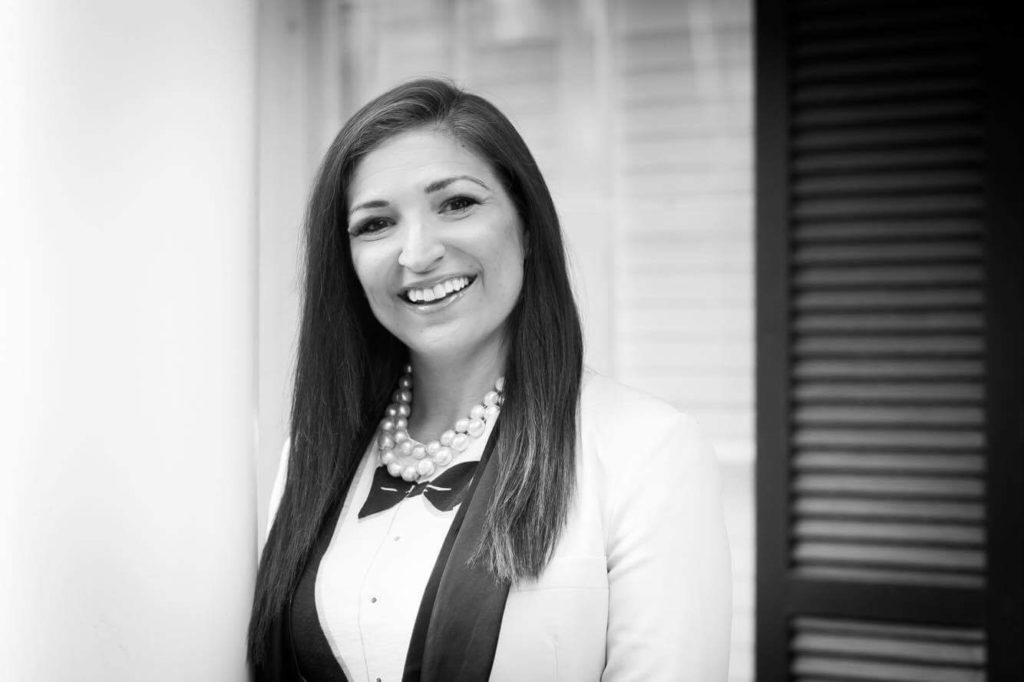
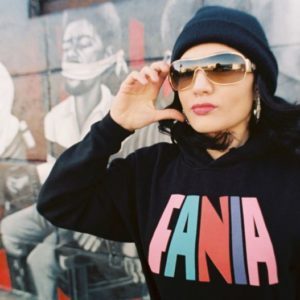
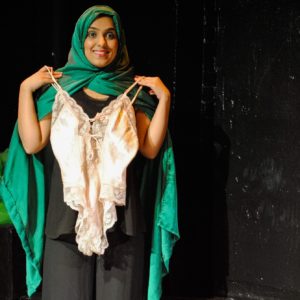
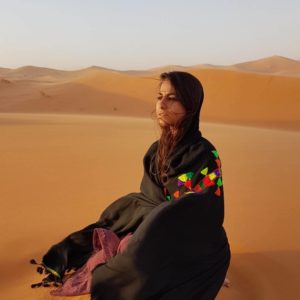
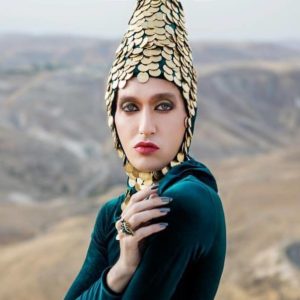
Leave a Reply